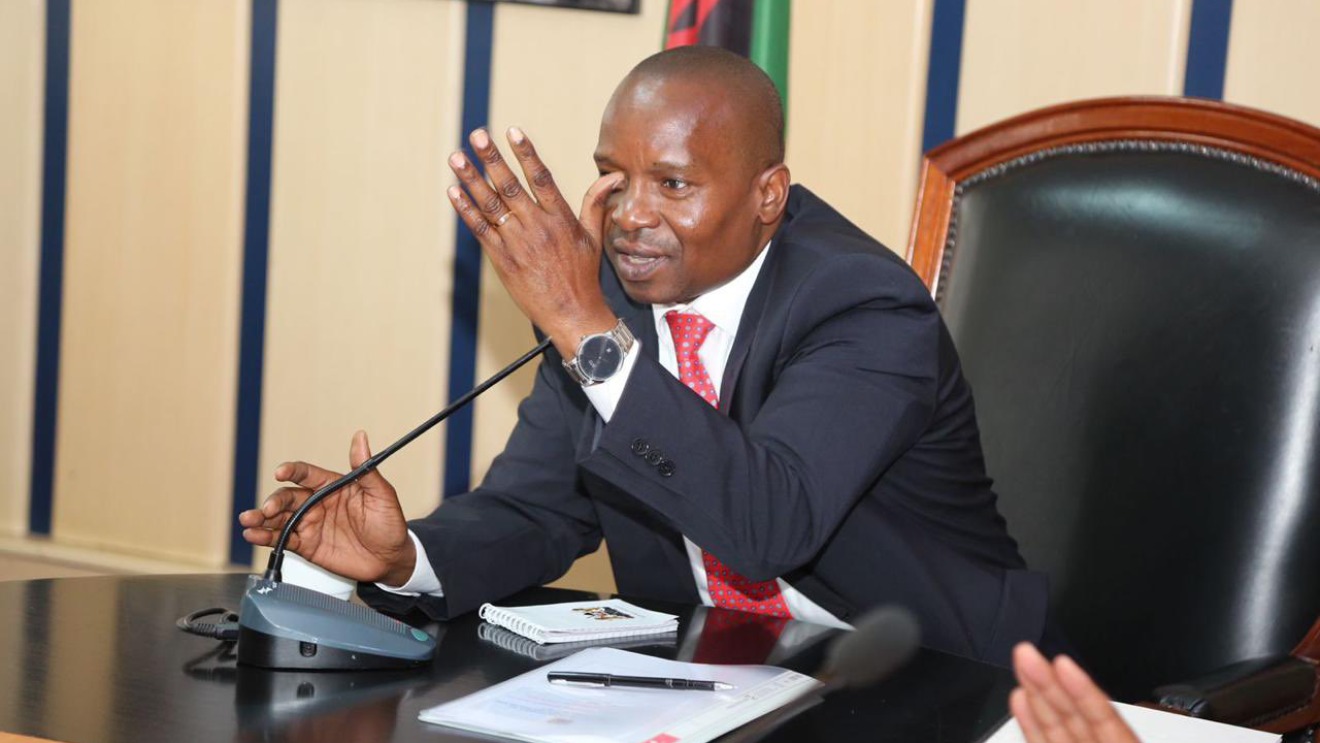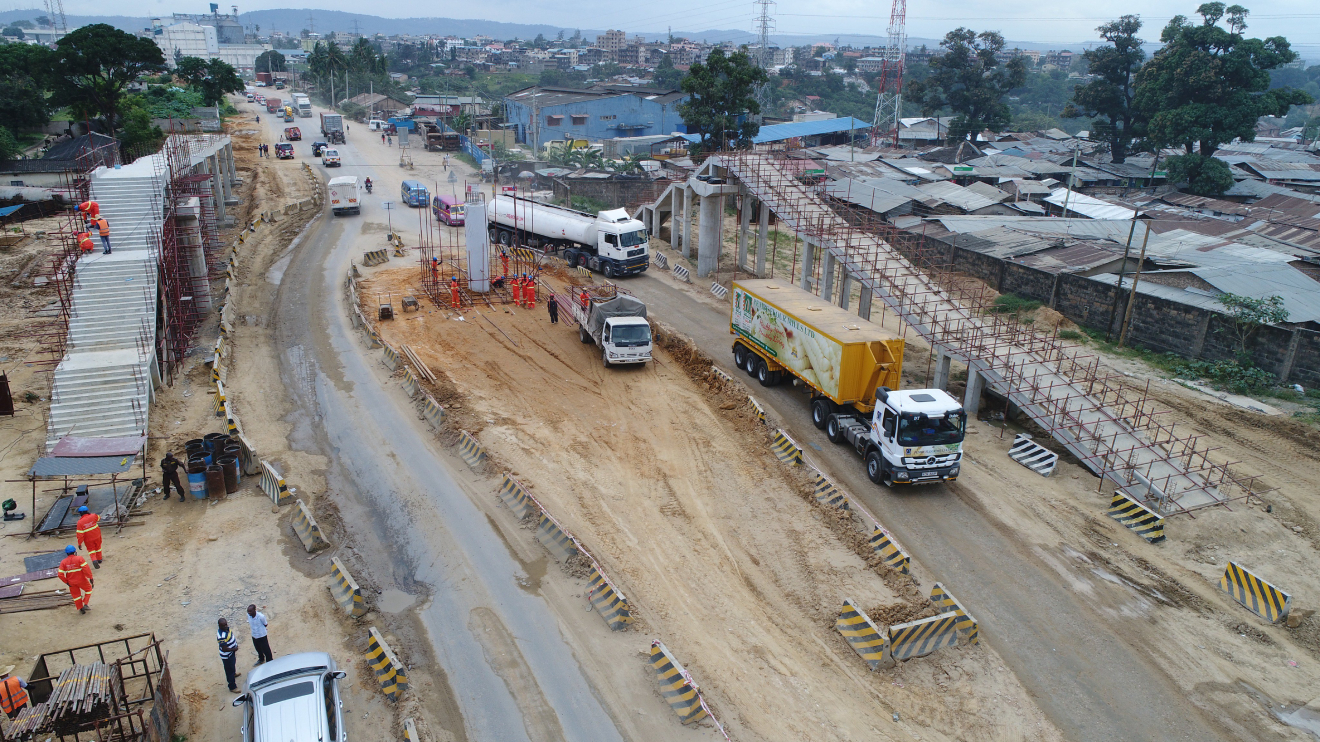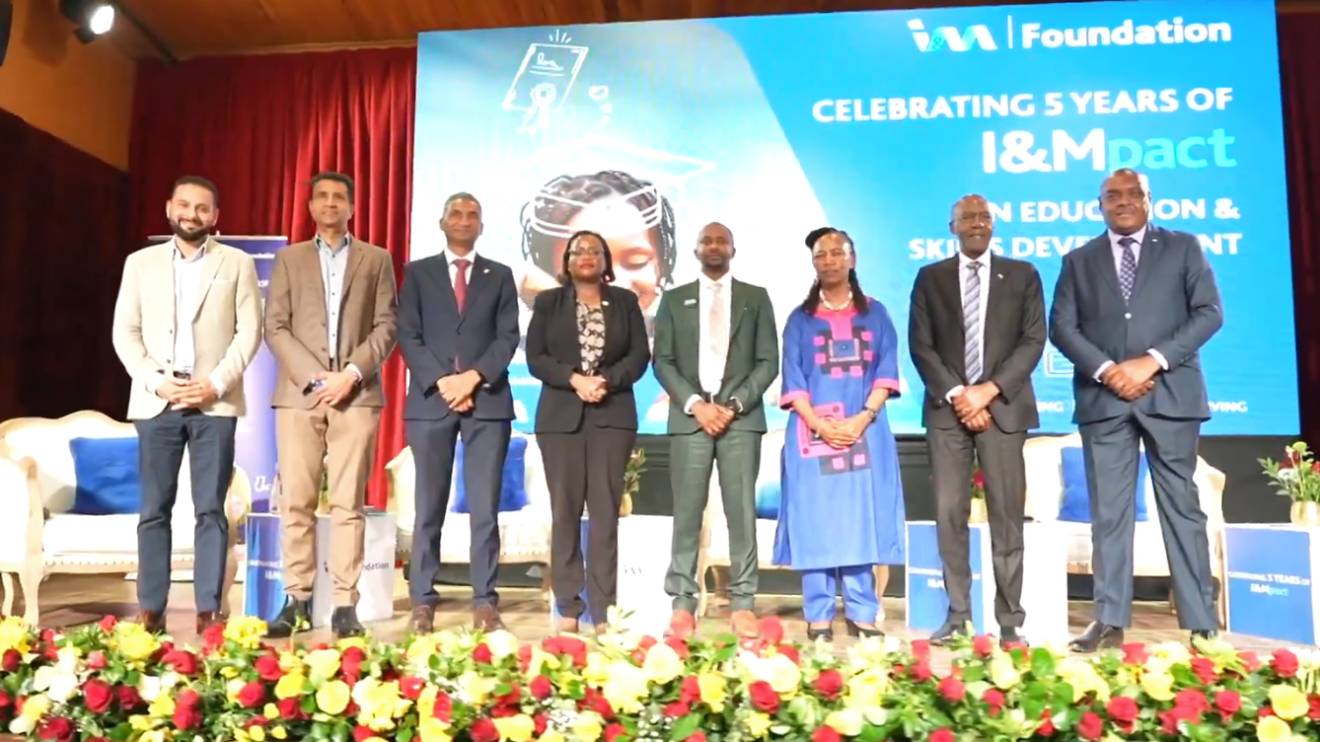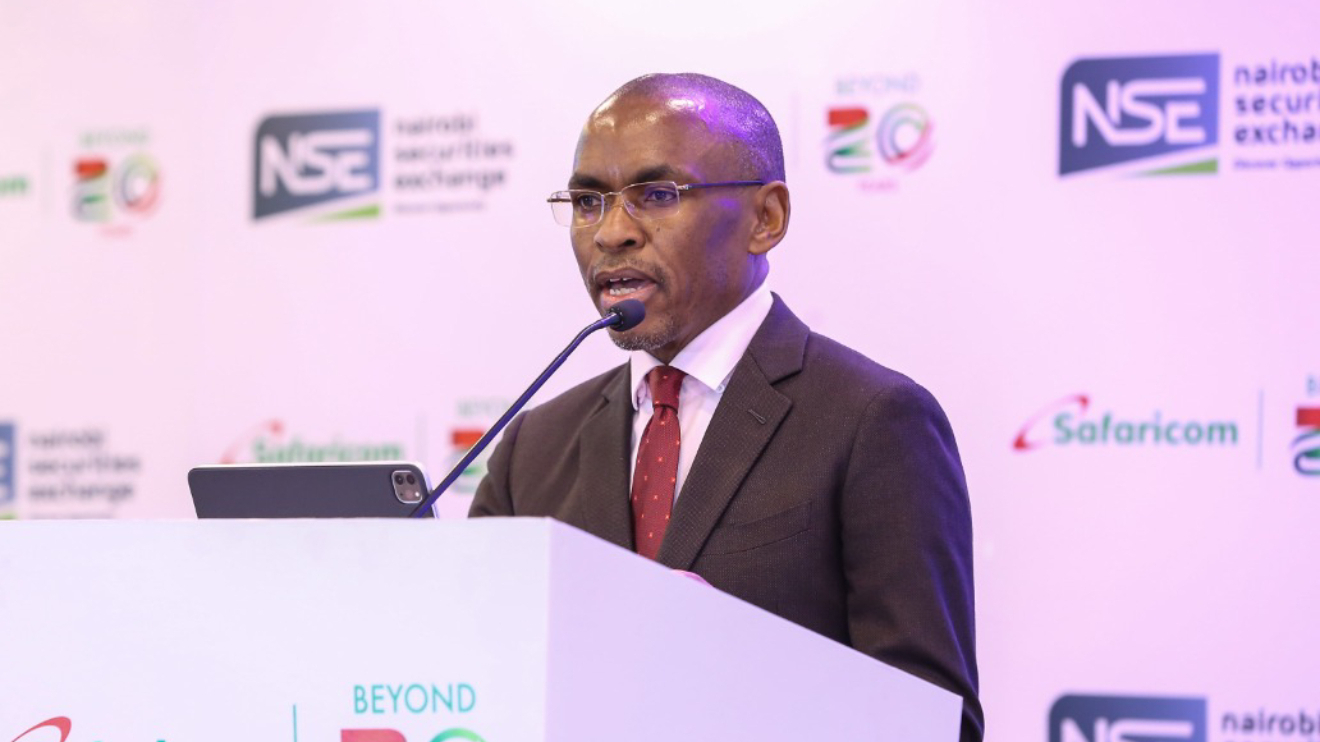The Interior Cabinet Secretary Kithure Kindiki has underscored the urgent need for intervention, even suggesting the possibility of declaring Nyayo House a crime scene.
Kindiki's declaration comes in the wake of mounting reports of corruption plaguing the processing of passports at Nyayo House in Nairobi.
Appearing before the National Assembly Departmental Committee on Security, Kindiki made a compelling case for swift and comprehensive action to address the situation.
Nyayo House, a facility housing the Directorate of Immigration Services, has sadly become a hotspot for unscrupulous individuals capitalizing on the aspirations of those seeking to secure new passports.
Of great concern to Kindiki and the wider Kenyan populace is the level of corruption that has entrenched itself within Nyayo House.
Read More
He lamented the dire inconvenience this corruption has caused to various segments of Kenyan society, including young graduates eager to explore international opportunities.
"I have received a lot of complaints from Kenyans who are looking for passports. This is very unfortunate and cannot be allowed to continue unabated," Kindiki candidly stated during his appearance before the committee.
Even more alarmingly, Kindiki revealed that the extent of corruption within Nyayo House has transcended national boundaries, drawing the attention of foreign leaders.
Reports of deliberate attempts to impede passport processing have reached the desks of the President's counterparts across the region and around the globe.
Members of Parliament (MPs) echoed Kindiki's concerns, decrying the deeply entrenched corruption within Nyayo House.
Disturbingly, Kenyan citizens have found themselves coerced into parting with substantial sums of money, some paying as much as Sh10,000, to expedite the processing of their passports.
In response, Kindiki pledged resolute action, declaring, "I would like to inform your committee that I will take leadership on the matter in cleaning up the mess at Nyayo House. I have received credible intelligence on the officers who are taking part in such corrupt activities."
The gravity of such misconduct, according to Kindiki, is its detrimental impact on public trust in the government's ability to provide essential services.
Urging immediate investigations, he emphasized the importance of holding responsible individuals accountable for their actions.
However, Kindiki also acknowledged that not all officers within the Immigration Department are complicit in the corruption.
He highlighted the presence of dedicated officers who continue to serve the nation with integrity.
Beyond the issue of corruption, Kindiki shed light on the pervasive problem of prolonged delays in passport processing at Nyayo House.
He recounted instances of citizens queuing from the early hours of the morning, only to wait for months on end to obtain their passports.
Such delays not only disrupt travel plans but also hinder business activities.
"I have this week had a very candid discussion with the Principal Secretary, and I can assure you that I will clean this up," Kindiki assured the Committee, outlining the government's commitment to resolving the matter.
As Kindiki's concerns shed light on the glaring issue of corruption and inefficiencies, his pledge to take decisive action offers hope to Kenyan citizens yearning for a more transparent and efficient passport application process.
The challenge now lies with the government to translate promises into tangible solutions, revitalizing faith in the passport application system and upholding the integrity of public service.







-1756319289.jpg)
-1757101509.jpg)



